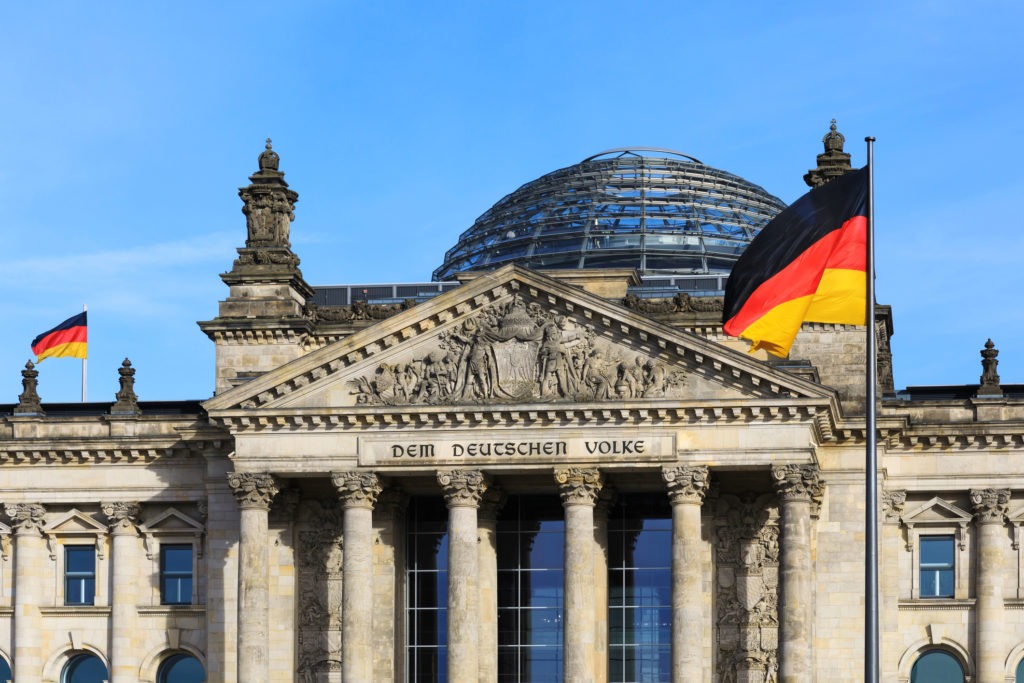€2 billion aid package for German automotive industry
03 November 2020

3 November 2020
The German automotive industry looks set to receive €2 billion in government aid. The money will help carmakers and industry suppliers make the switch to greener engines and automated driving. News of the agreed aid package was broken by Reuters, after seeing an Economy Ministry paper on Monday (2 November 2020).
The automotive industry is fighting battles on multiple fronts against coronavirus (COVID-19), tightening green regulations, and new disruptive technologies. The need for government intervention and support has never been more apparent.
The support programme is slated to come into effect in 2021, with the German government planning to distribute grants to key industry players by 2024. Alongside greener engines and autonomous technology, funds will also promote the research and development of digital supply chains, 3D printing, shared production data and employee training.
When it comes to making production facilities more environmentally-friendly, the government plans to cover up to 60% of the costs for large companies and 80% for small and medium-sized ones.
′The switch to new products, especially in the field of e-mobility, requires an adjustment of production,’ Reuters reports the paper saying. ′Faster innovation cycles demand more flexible production facilities. The cost pressure in production is high.’
The proposed programme forms part of the country’s COVID-19 economic stimulus plan and will go to other ministries for consultation.
CO2 target looms
Governments’ pandemic fighting packages for their respective automotive industries have been numerous, not to mention various. However, one theme emerging is that the recovery must be green. As further environmental regulations are enforced by governments like Germany’s, those in power will need to ensure their respective automotive industries are being supported. Simply regulating without providing resources to meet green goals would be a recipe for disaster.
By introducing funding by 2024, Germany’s grants should gain traction before more ambitious CO2 targets come into force in 2025, with the European Union mandating a 15% drop on 2021 levels, before a 37.5% drop in 2030. However, such support must also work alongside pandemic packages. Emphasising this, the European Commission says its €750 billion ′Next Generation EU’ COVID-19 recovery plan must work in conjunction with the European Green Deal.
In addition, Germany and France saw strong stimulating effects from high-purchase incentives for battery-electric vehicles (BEVs) and plug-in hybrids (PHEVs), and France’s scrappage scheme was a victim of its own success, reaching its cap after only two months. Meanwhile, in one of the hardest hit European markets, Spain has seen slow pickup from its RENOVE scrappage programme and MOVES II incentive scheme.
Manufacturing evolution
Governments are not alone in their support of a green pandemic recovery. Leaders of the European Automobile Manufacturers’ Association have called for COVID-19 recovery funds to be channelled into a green comeback. The association pointed out the industry was already at a critical juncture on the road to a carbon-neutral future, and now finds itself fighting the pandemic fallout.
Manufacturers have been ramping up their electric-vehicle (EV) production capacities. In Germany alone, BMW is investing €150 million in its Regensburg site, allowing it to build entire batteries from 2022 among other electric capabilities. BMW is also working alongside Volkswagen Group (VW) and Northvolt, having entered strategic cooperation for joint battery research and development. VW’s Zwickau plant has also turned a corner, and is focusing on manufacturing EVs, with plans to build six electric models from VW, Audi and SEAT in 2021.